-
Padur, Kelambakkam (OMR), Rajiv Gandhi Salai, Chennai - 603 103.
-
Campus: 044 69034444 / 7824080621 Admission: 044 24469714 /9789885555
Padur, Kelambakkam (OMR), Rajiv Gandhi Salai, Chennai - 603 103.
Campus: 044 69034444 / 7824080621 Admission: 044 24469714 /9789885555
The Department of Biotechnology was established in 2002. This Department has an objective of a broad spectrum of students which includes UG, PG, M.Phil and PhD programmes. The Department started with a PG degree in Biotechnology in 2002 and a UG programme in 2005. Later, the M.Phil course was introduced in 2013 and followed by a PhD research programme in 2018. Now, the Department has intensively committed to inculcating quality academic and research activities in the students with well-experienced faculty members.
M.Sc. Biotechnology course material can be classified into two sections- the theory section and the practical section. In the theory section, students will have to deal with subjects related to biology as well as basic technology concepts.
The practical section is also very important. Students will have to spend a good amount of time in the laboratory, performing practical lessons as well as lab training.
At the end of the course, a research project is also held. Lab activities form a major part of the project.
Biotechnology professionals are popularly hired in capacities such as:
Common areas of employment for such professionals include:
| I Year | II Year |
|---|---|
| Semester - I | Semester - III |
| Biochemistry | Microbiology |
| Molecular Genetics | Plant and Animal Biotechnology |
| Molecular Cell Biology | Genetic Engineering |
|
Practical – I: A) Biochemistry B) Molecular Genetics C) Molecular Cell Biology |
Practical – II: A) Plant and Animal Biotechnology B) Genetic Engineering C) Microbiology |
| Elective-I: Bioinstrumentation | Tissue Engineering |
| Elective-II: Biostatistics | Elective-II: Pharmaceutical Biotechnology |
| Elective-III: Enzymology | Elective-III: Environmental Biotechnology |
| Soft Skill-I | Soft Skill-II |
| Semester - II | Semester - IV |
| Bioinformatics | Research Methodology |
| Immunology | Stem Cell Biology |
| Bioprocess Technology | Bioethics Human Rights and Social issues |
|
Practical – III: A) Bioinformatics B) Immunology C) Bioprocess Technology |
Soft Skill-IV |
| Elective-I: Nano Biotechnology | Dissertation |
| Elective-II: Molecular Developmental Biology | |
|
Elective-III: Potential and Commercial aspects of Bioinformatics |
|
| Soft Skill – III | |
| Internship in Industries of Research laboratories related to Biotechnology field | |
| Elective Principles of Gene Manipulation Technology |
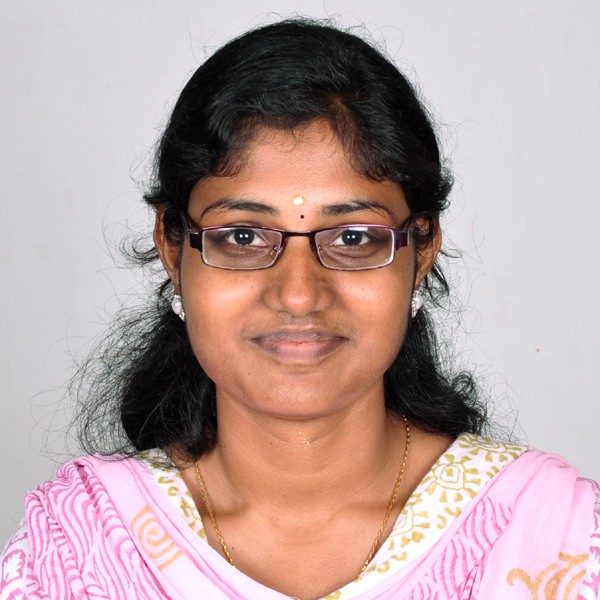
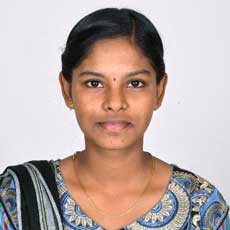
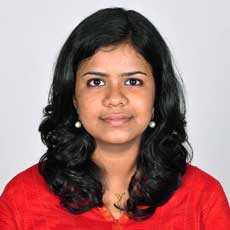
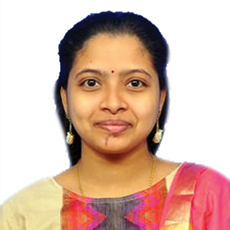

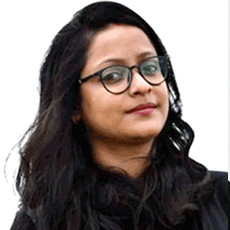
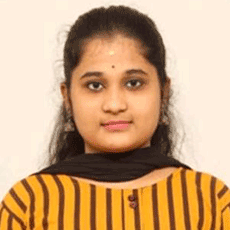
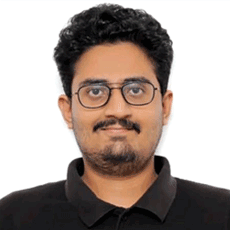
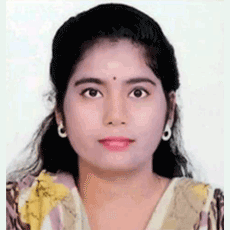
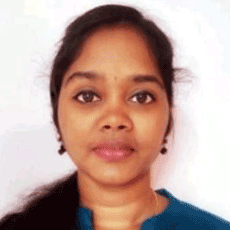
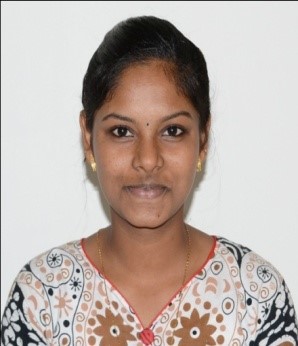
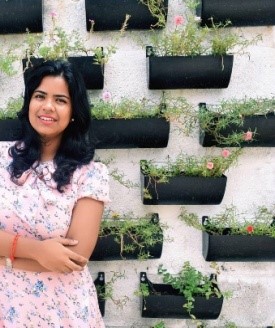
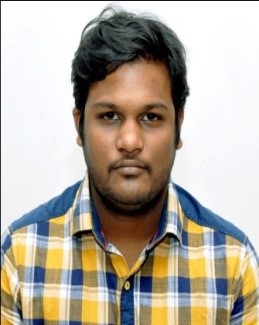
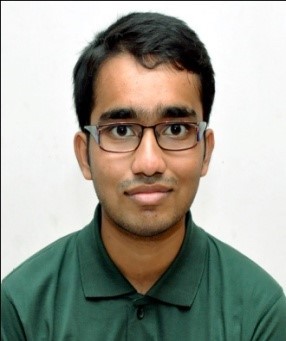


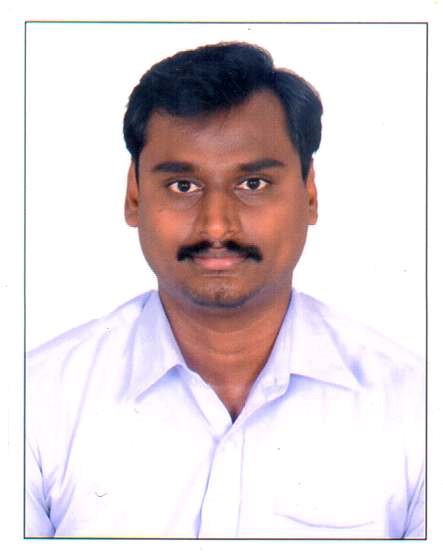
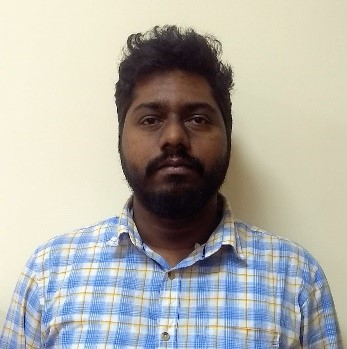
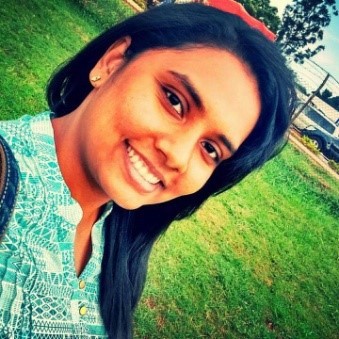
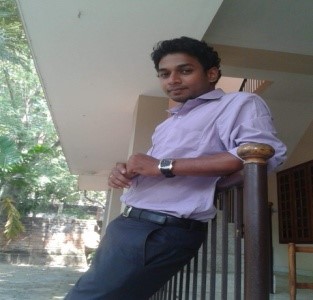
Post Graduate degree holders can work in government/private sectors consisting of technical, scientific or junior management positions.
The major fields are as follow:
Medical employment: You can be placed in medical fields like the hospitals, private clinics or research centres, if you have studied Medical Laboratory Technology or biomedical engineering.
. Management: You can also consider going into HR/ Marketing careers in life science companies like pharmaceutical companies.
Health care professions: You can work at health care research centres that involve in medical transcription and other professional services.
Education: You can also go right away into employment in colleges with just a Master’s degree. But this requires you to have passed UGC-NET / UGC-SET score or a UGC-LEC to be able to teach with a Master’s degree.
Computer / IT : Finally you can also get employment in software industries that run life sciences projects. You can do medical coding, medical transcription and also do molecule designing using software.
Reaching new altitudes in biotechnology research, influencing biotechnology into a principal tool of the future, for creation of wealth especially for the welfare of the deprived.
The Department is one of the pioneers in Biotechnology research as for as the University of Madras affiliated colleges are concerned, and since the year 2010 has had the added distinction of being MOES & TNSCST sponsored for various events. Study of industrially valuable products such as enzymes, biopolymers like bioplatics, biofuels, biosurfactants etc., of commercial importance from microorganisms are some of the major projects undertaken in the department. In addition to that, we have a well-equipped genetic engineering laboratory to carryout DNA, RNA barcoding, plant and animal tissue culture. Processes for preparation of toxins and other bioactive substances from various microorganisms are well established. Biodegradation of oils spills and heavy metals have been selectively developed.
During the third and fourth semesters, the students undertake independent research projects as part of the curriculum. Summer training (4-6 weeks) is mandatory after completion of the second semester and the students are placed by the Department in R&D laboratories of nationally recognized institutes and industries. The department has MOUs with international and national research institutions. Apart from that Practical based learning, smart class facilities, industrial visit, on duty leave for workshops, conferences and symposia and financial support for project presentations in national level, are other added advantages of the department.
The department has well-qualified and competent faculty catering to the needs of teaching, research and educational activities. There are 7 faculty members in the department and all are doctorates. They all have published several research articles in international high impact journals. Many have been invited to give plenary talks and invited lectures in reputed Universities and colleges. Our faculty are in doctoral committees and editorial boards of Journals. All are approved faculty members by the University of Madras. They have contributed in question paper settings, syllabus framing and evaluation of examination for the university and the affiliated colleges.
The college has a special officer to guide the students to get Government SC/tribe and low income group stipends through State Education Departments and University of Madras. In addition to that, alumni fee concession (50% of tuition fee) can be availed by our alumni students to pursue master programmes in our college. Students can also avail education loans with the guidance of admission cell.
